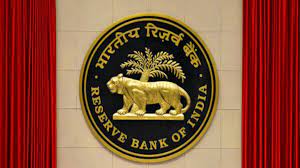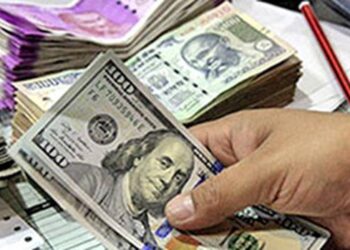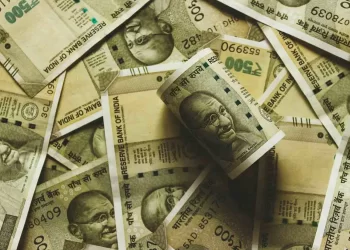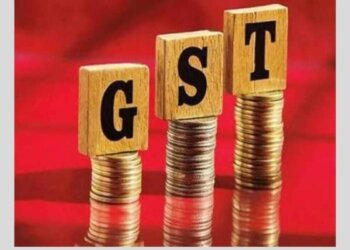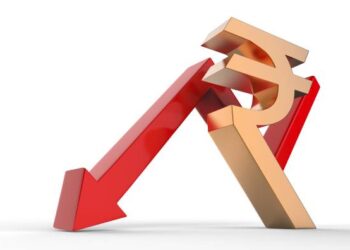![]() By: Shree1news, 21 MAY 2021
By: Shree1news, 21 MAY 2021
New Delhi: Reserve Bank will transfer Rs 99,122 crore as surplus to Centre for 9 months ended March 31, 2021.
The decision was taken at the 589th meeting of the Central Board under the chairmanship of RBI Governor Shaktikanta Das, via video conference.
Based on the RBI, the Board in its meeting reviewed the present financial scenario, global and domestic challenges and recent policy measures taken by the Reserve Bank to mitigate the adverse affect of the second wave of Covid-19 on the economy.
“With the change in the Reserve Bank’s accounting year to April-March (earlier July-June), the Board mentioned the working of the Reserve Bank of India during the transition period of 9 months (July 2020-March 2021) and approved the Annual Report and accounts of the Reserve Bank for the transition period,” the RBI mentioned in a statement.
“The Board also authorised the transfer of Rs 99,122 crore as surplus to the Central Government for the accounting period of 9 months ended March 31, 2021 (July 2020-March 2021), whereas deciding to maintain the Contingency Risk Buffer at 5.50 per cent.”
The RBI approved a Rs 1,76,000 crore ($24.8 billion) dividend payment to the government, including Rs 1,48,000 crore for FY20.
It earns via interest income on account of open market operations (OMOs), foreign exchange (FX) gains, and writing back of excess risk provisions.
RBI’s liabilities include issuance of notes and deposits held (CRR and reverse repos).
The transfer of surplus is expected to help the government ease fiscal pressure caused by the Covid-19 pandemic and also aid it in giving the economy a boost.
In the past, the demand on the RBI for higher dividends and to part with a greater share of its capital has been a hotly debated issue between the central bank and the government.
“The amount of surplus to be transferred by the RBI to the Government of India is considerably higher than the budgeted level. This will provide a buffer to absorb the losses in indirect tax revenues which are anticipated in May-June 2021, related to the impact of the now widespread state lockdowns on the level of consumption on discretionary items and contact-intensive services,” mentioned ICRA Chief Economist Aditi Nayar.
“Moreover, high commodity prices at a time when demand and pricing power are subdued, would dent the margins of corporates in many sectors, compressing the growth in direct tax collections.”
Source:A-N







 Finance
Finance